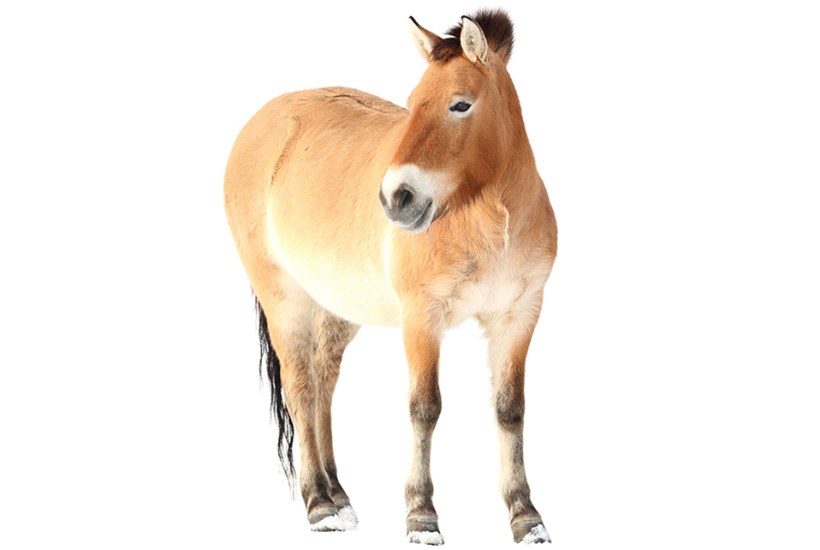Conservative approaches
Sir: Matthew Parris (‘My idea of a true Conservative’, 17 June) makes a reasonable case for small c conservatism, but he’s wrong about Brexit and he’s wrong about Trussonomics being clearly unconservative. ‘Brexit come what may’ was the natural small-c reaction to the creation and evolution of an undemocratic EU superstate which (and we must take them at their word) was set upon ‘ever closer union’, the logical end state being a federal Europe and severe limitation of self-determination. No conservative would instinctively prefer foreign governance, even if it appeared at the outset to be benign. Trussonomics proposed short-term borrowing to fund tax cuts in order to recreate an enterprise economy; economic growth would allow the budget to become balanced and in due course reach surplus to allow national debt to be reduced. Rishinomics appears to have no such ambition.
Alasdair Ogilvy
Stedham, West Sussex
Shades of nationalism
Sir: Douglas Murray was wrong to cynically conflate various nationalisms (‘It’s been a bad week for former political leaders’, 17 June). British nationalism is – at least historically – associated with imperialism and oppression. Scottish and Irish nationalisms are, by contrast, framed by anti-imperialism and freedom from oppression. In each case the same term, ‘nationalism’, describes fundamentally different political outlooks, one profoundly conservative, the other distinctly liberal, on opposing sides of the same struggle. Semantics can be a slippery concept at the best of times, particularly in politics.
Adrian Fogarty
London W4
Betting the house
Sir: I’m sure Rory Sutherland’s piece on home ownership isn’t the first time his point has been made in print, but it’s the first time I’ve read it myself (Wiki Man, 17 June). So congratulations to Rory for hitting the nail squarely on the head. We are a nation besotted with ownership of land and property, which is fuelled by our taxation system, land-owning oligopolies, government incentives to home ownership, the lax monetary policies of our central bank and the rapacity of the banking system for which the ever-expanding mortgage books generate easy profits (and large bonuses for senior management). Having retired in 2013 from a 35-year career in corporate and commercial banking and as a long-term homeowner, I admit to having been personally advantaged by this system, notwithstanding a very queasy feeling as it has spiralled out of control. It’s hard to see how this can end painlessly, but end it must at some time. Evolution or revolution?
David Witham
Bridport, Dorset
Peer review
Sir: I suspect that few members of the Lords will share Charles Moore’s regret that Nadine Dorries will not be joining the House (The Spectator’s Notes, 17 June). Is it not natural and right to feel a preference for new colleagues who command wide respect? HOLAC, on which Lord Moore once served, should be empowered to comment on the suitability of those nominated for peerages, and not just on their propriety as at present. There is now sharper public scrutiny than ever before of the quality of those who benefit from prime ministerial patronage. Boris Johnson has ensured that. Unless public confidence in the appointments process is strengthened, the Lords will not enjoy the respect to which the success of its work as a revising chamber entitles it.
Alistair Lexden
House of Lords, London SW1
Crime and punishment
Sir: I am not really interested in the questions of ancient laws or even, in this case, the rights and wrongs of Carla Foster’s actions in obtaining drugs to induce an abortion in late pregnancy (‘The judgment of Carla Foster’, 17 June). But I do feel that a prison sentence for a woman who has three children is completely absurd and extraordinarily uncompassionate. Rod Liddle argues pleasantly about the rights of unborn babies. I am painfully aware of what it will be like for Ms Foster’s three existing children to have their mother whisked away into prison for two years and four months. In a child’s life that is a terribly long time. What on earth can be the justification for that, as opposed to some other form of punishment for breaking the law?
Dione Johnson
Hartley Wintney, Hampshire
Colt following
Sir: Andrew Hunter Murray’s report of the saving from extinction of Przewalski’s horse, the creature featured in droves on cave walls by ice-age shamans in Spain and France, caused my aged heart to leap in disbelief (‘My little cloney’, 10 June). This little horse, with its stiff mane, epitomises along with mammoths, cave bears and the rest of the post-glacial bestiary a world lost to the inexorable heating of our global atmosphere as much as the insect-like activity of man. This cloning success, with future applications of the technique, constitutes the best snippet of good news for survival for a long time. More such news please.
John Hart
Mill Hill, London
Anti hero
Sir: Douglas Murray (‘The inversion of history’, 10 June) appears to doubt that Douglas Bader was anything other than a hero. My father was at St Edward’s School, Oxford with Bader and loathed him. He was bullied by him, and, 60 years later, recalled those days with some hurt and anger, though did not reveal what had happened.
Hilary Mussett
Findon, West Sussex
Got something to add? Join the discussion and comment below.
You might disagree with half of it, but you’ll enjoy reading all of it. Try your first month for free, then just $2 a week for the remainder of your first year.







